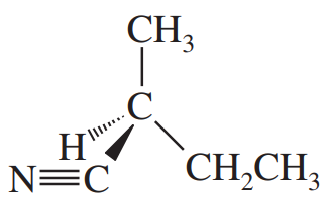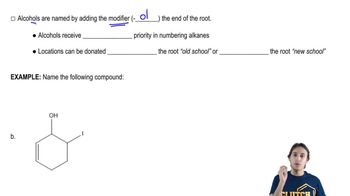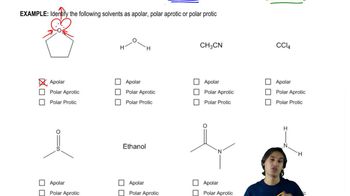Suggest the appropriate reagents to carry out the following transformations.
(e)

 Verified step by step guidance
Verified step by step guidance Verified video answer for a similar problem:
Verified video answer for a similar problem:



 4:30m
4:30mMaster Comparing and contrasting the Alcohol Conversions. with a bite sized video explanation from Johnny
Start learning